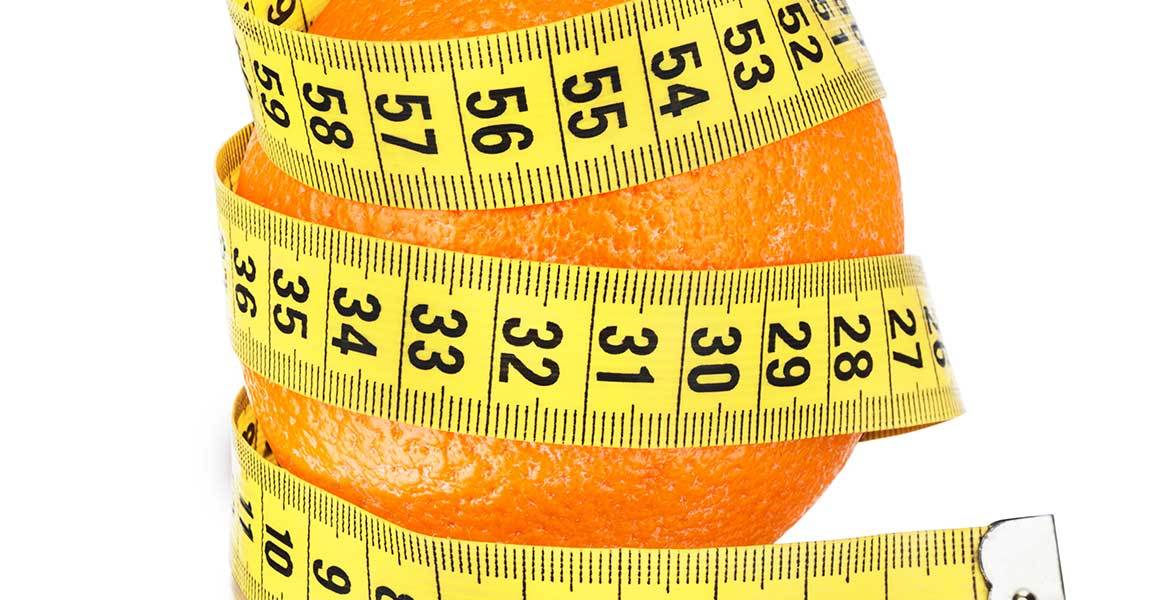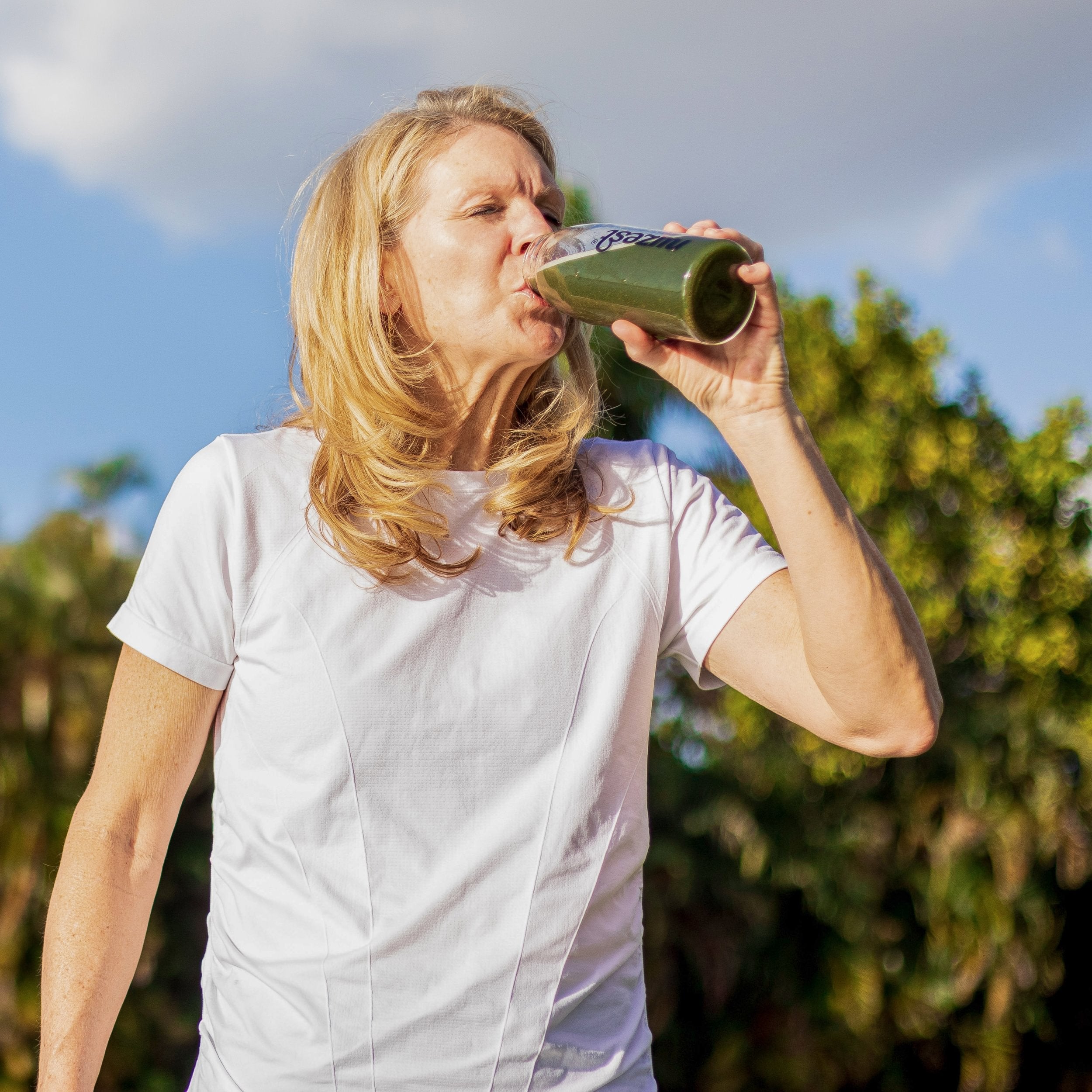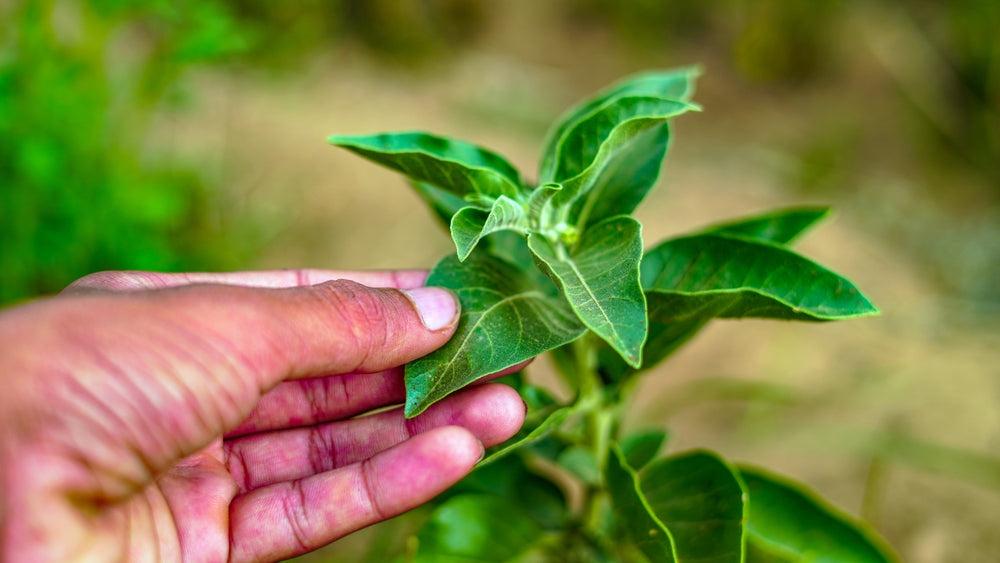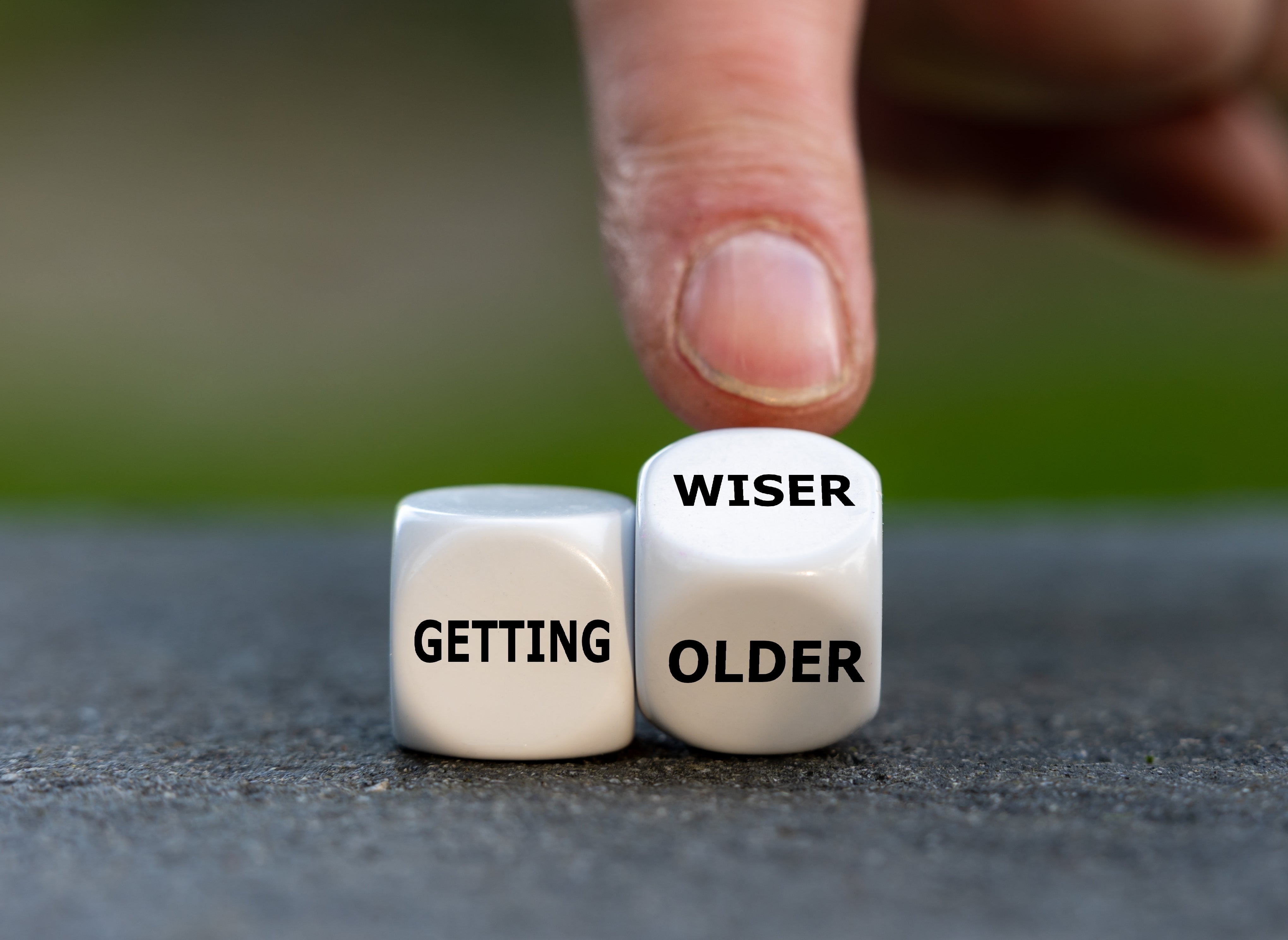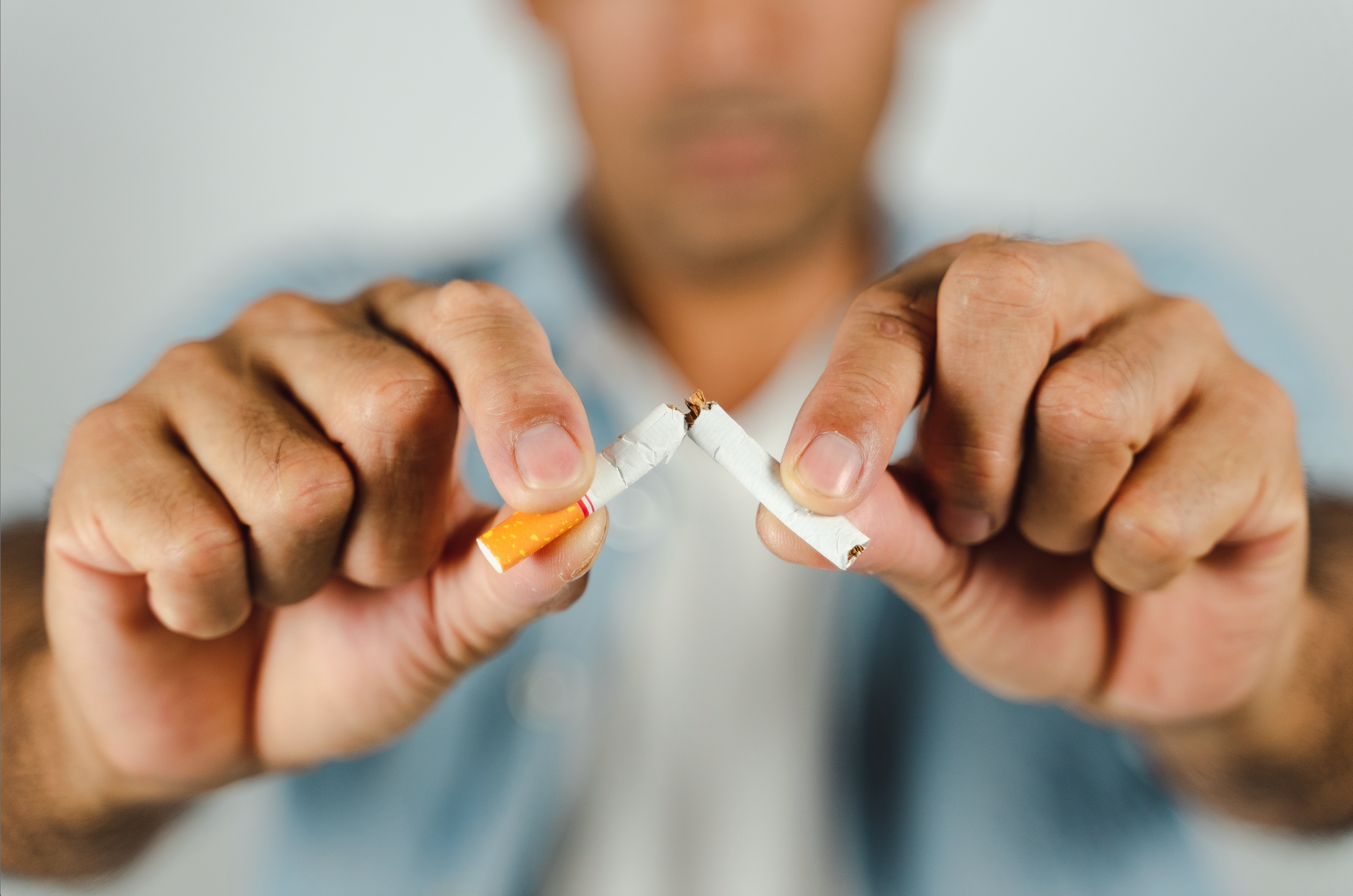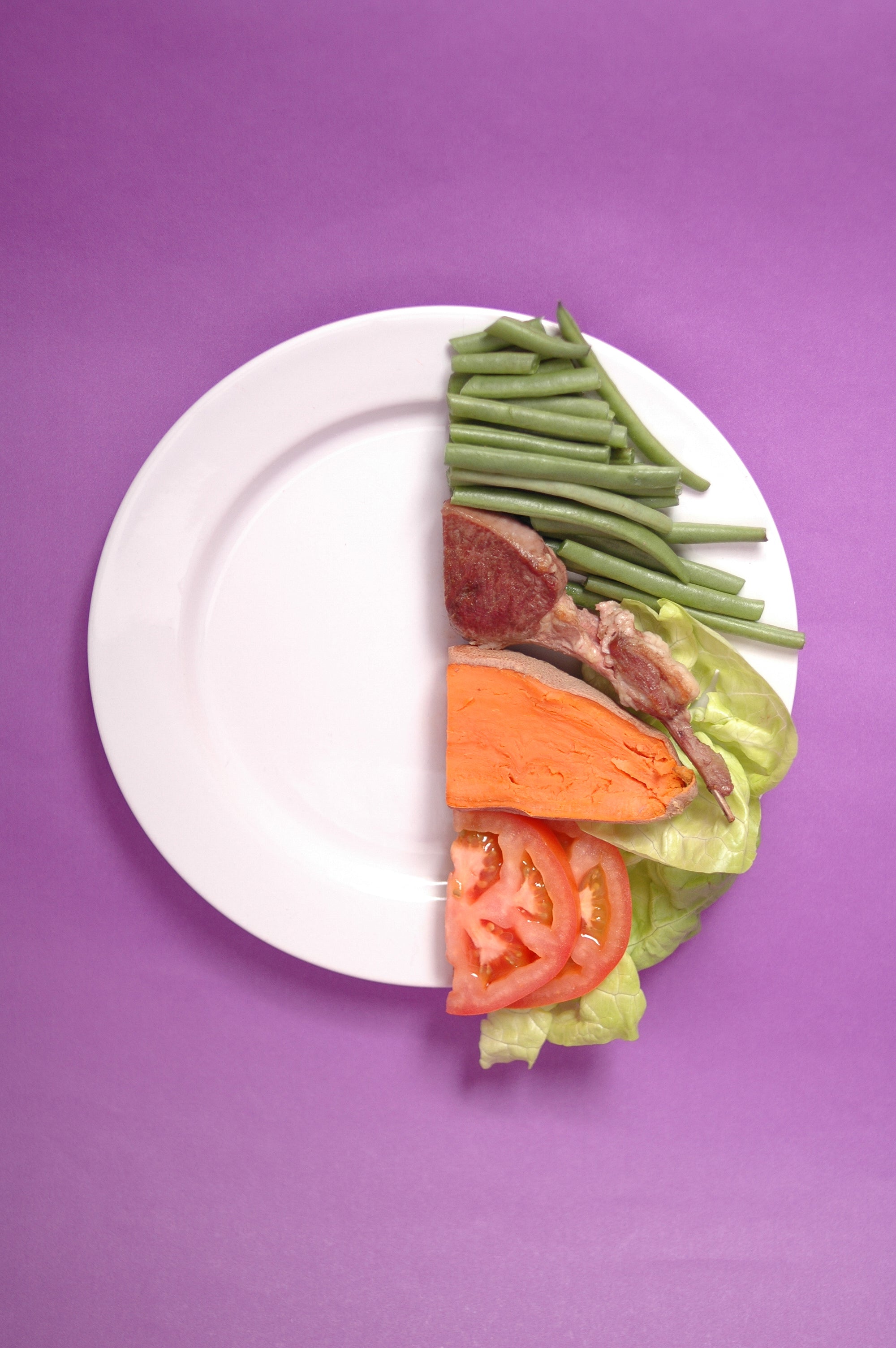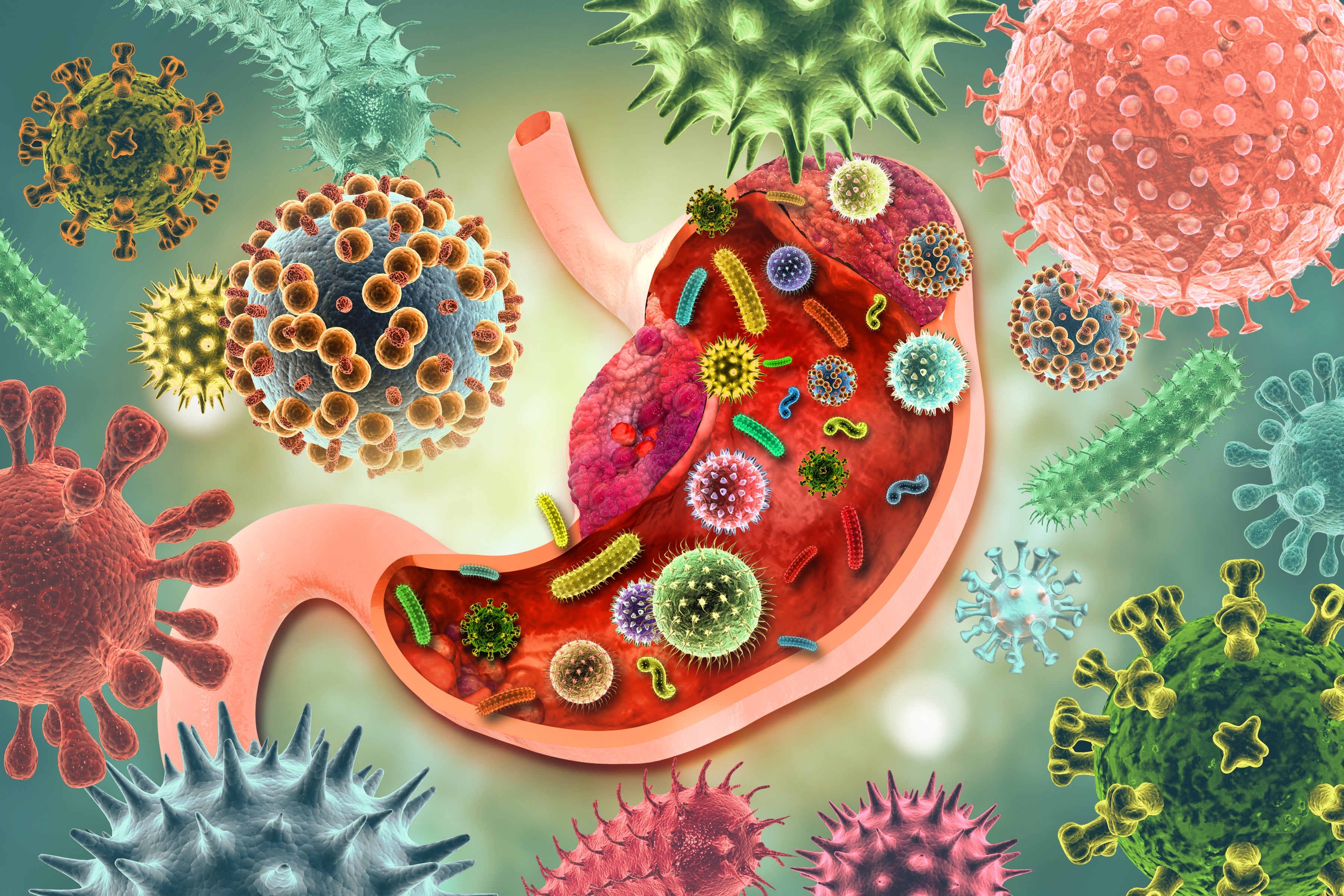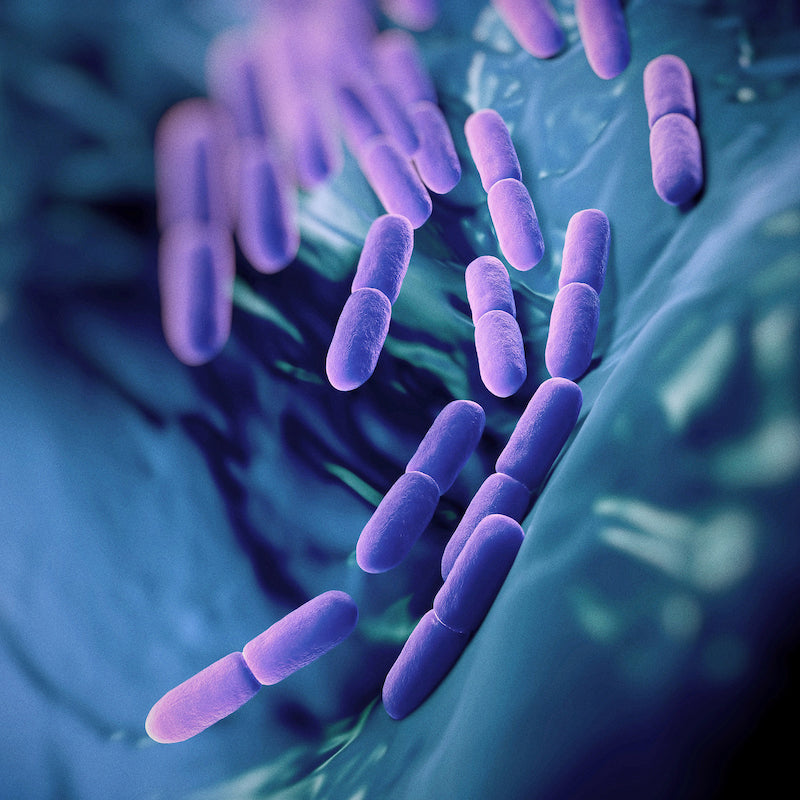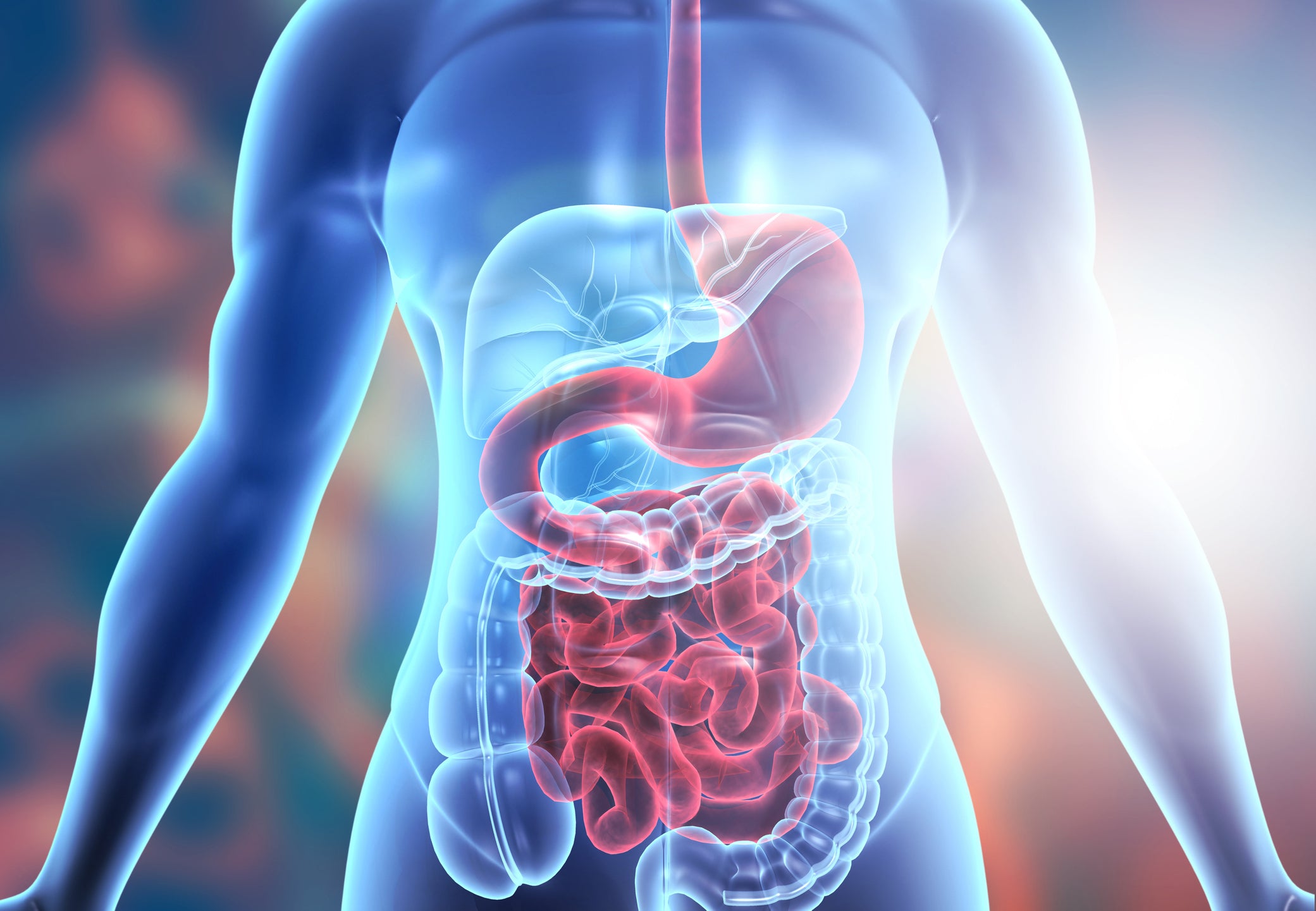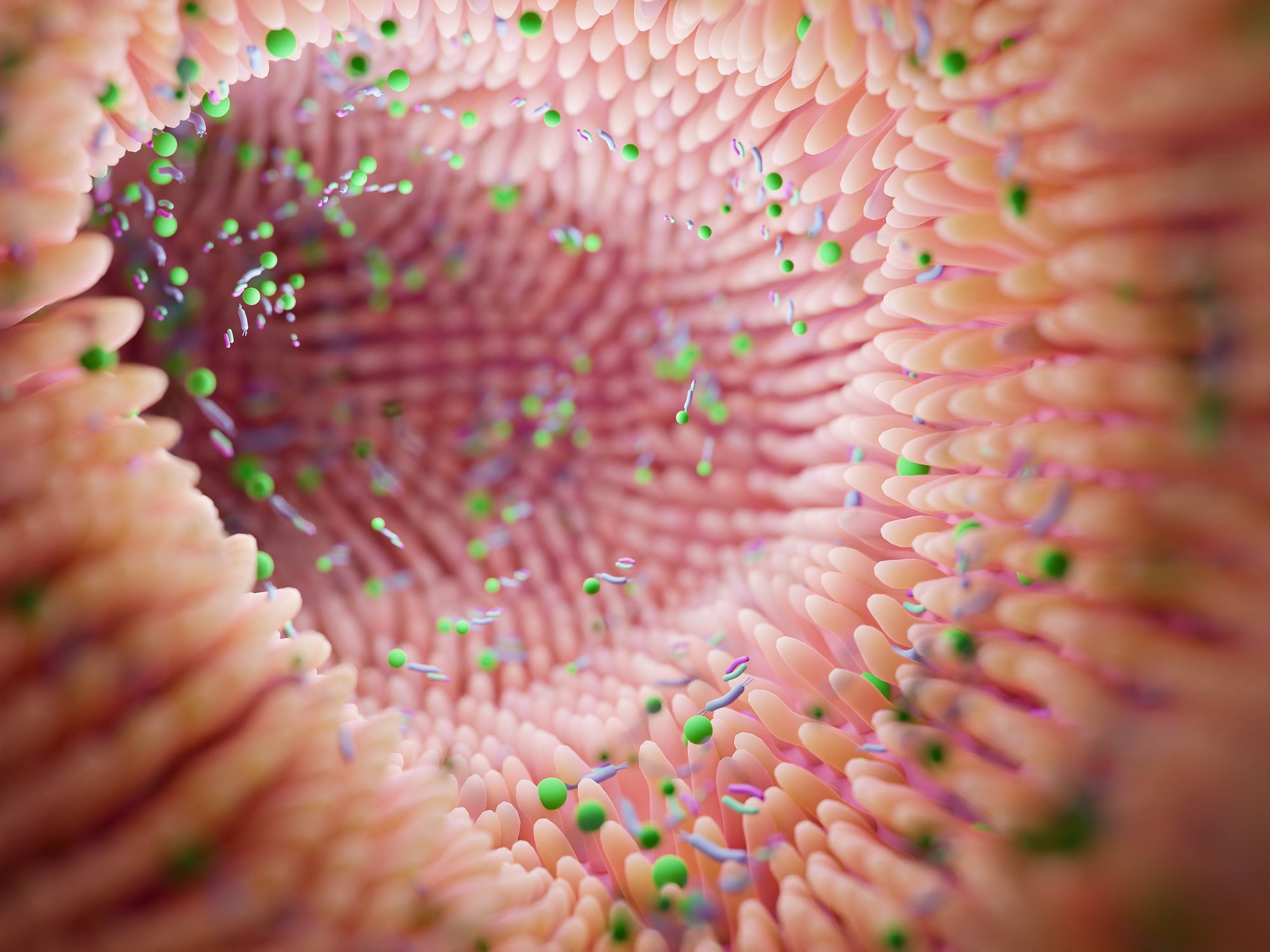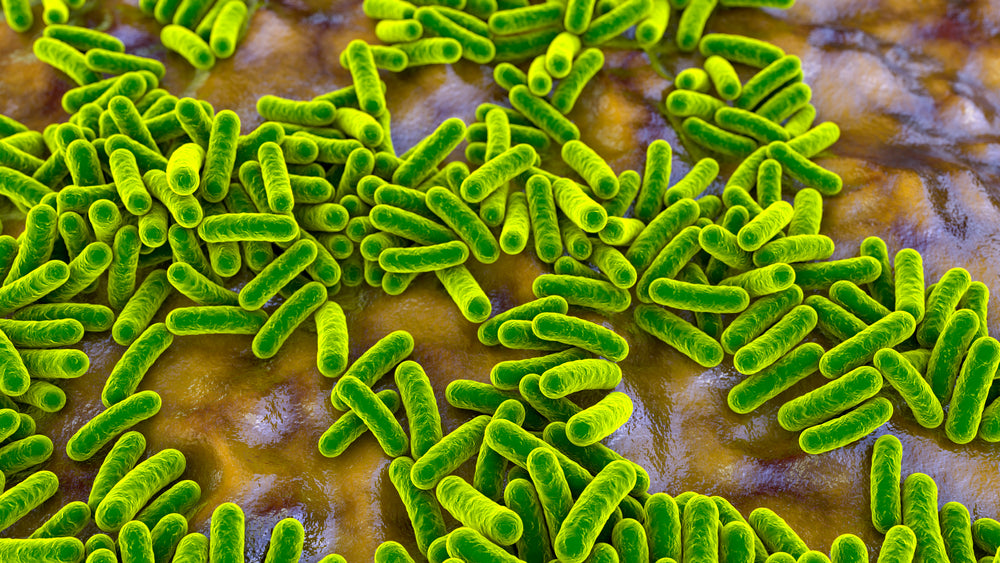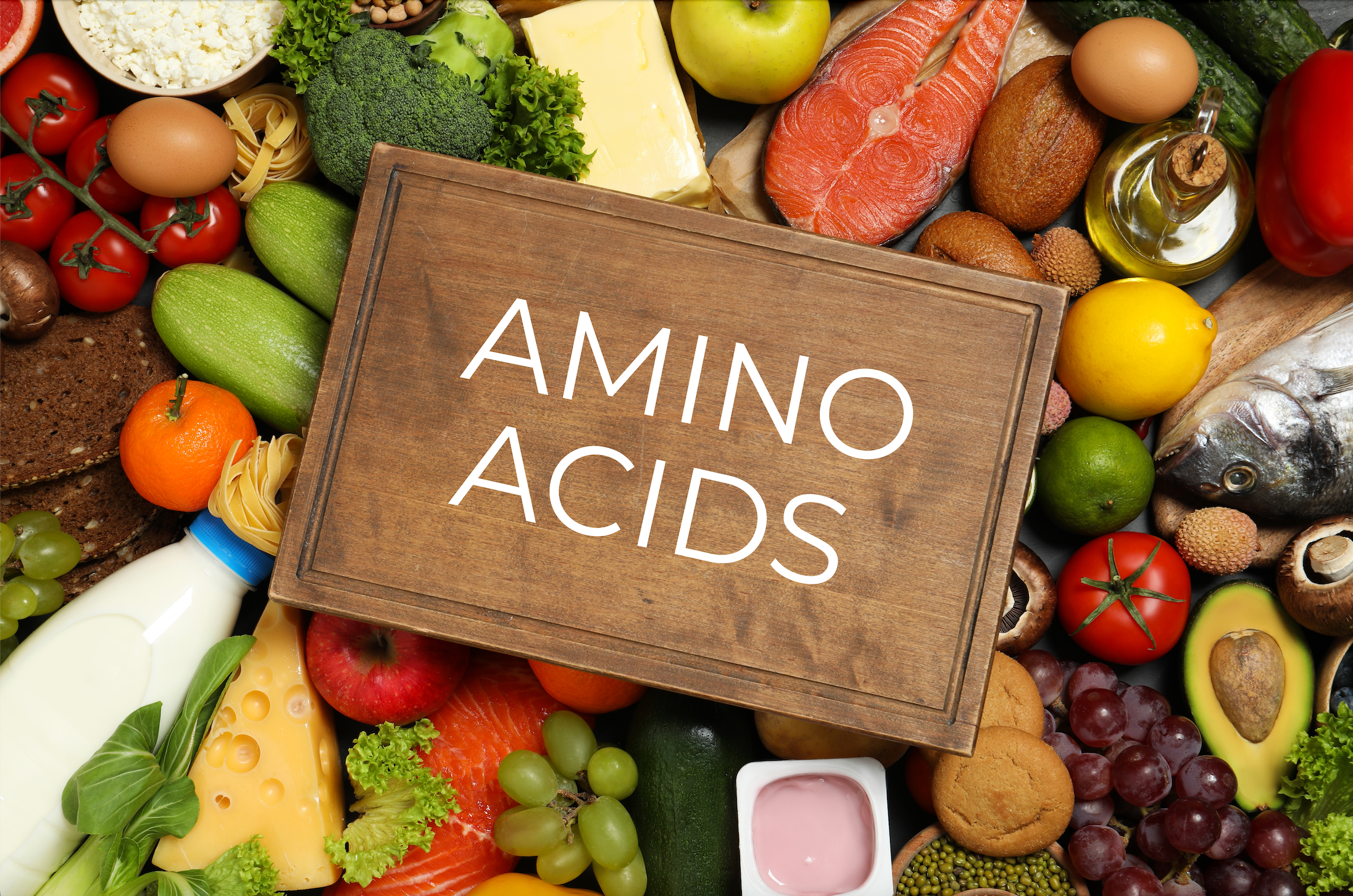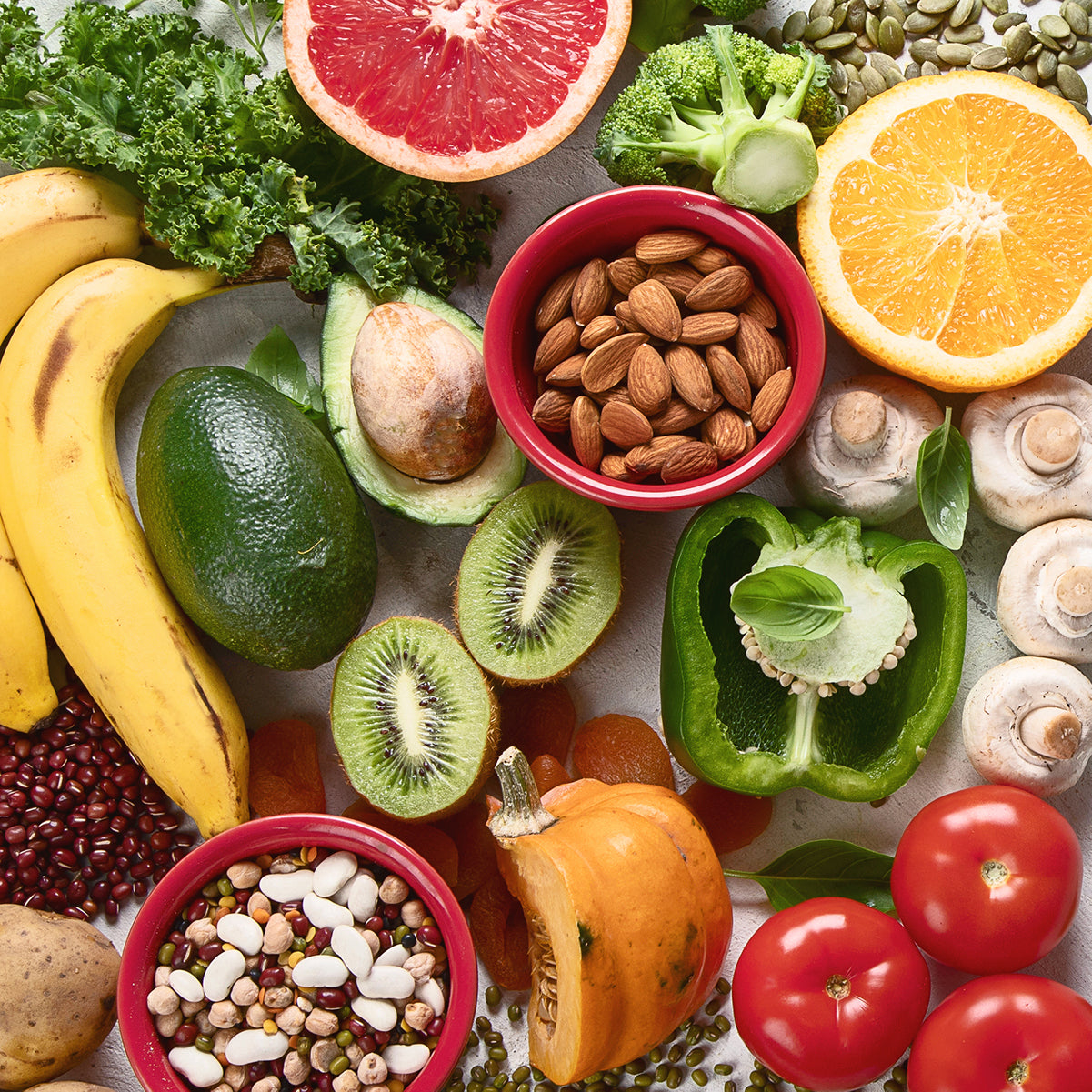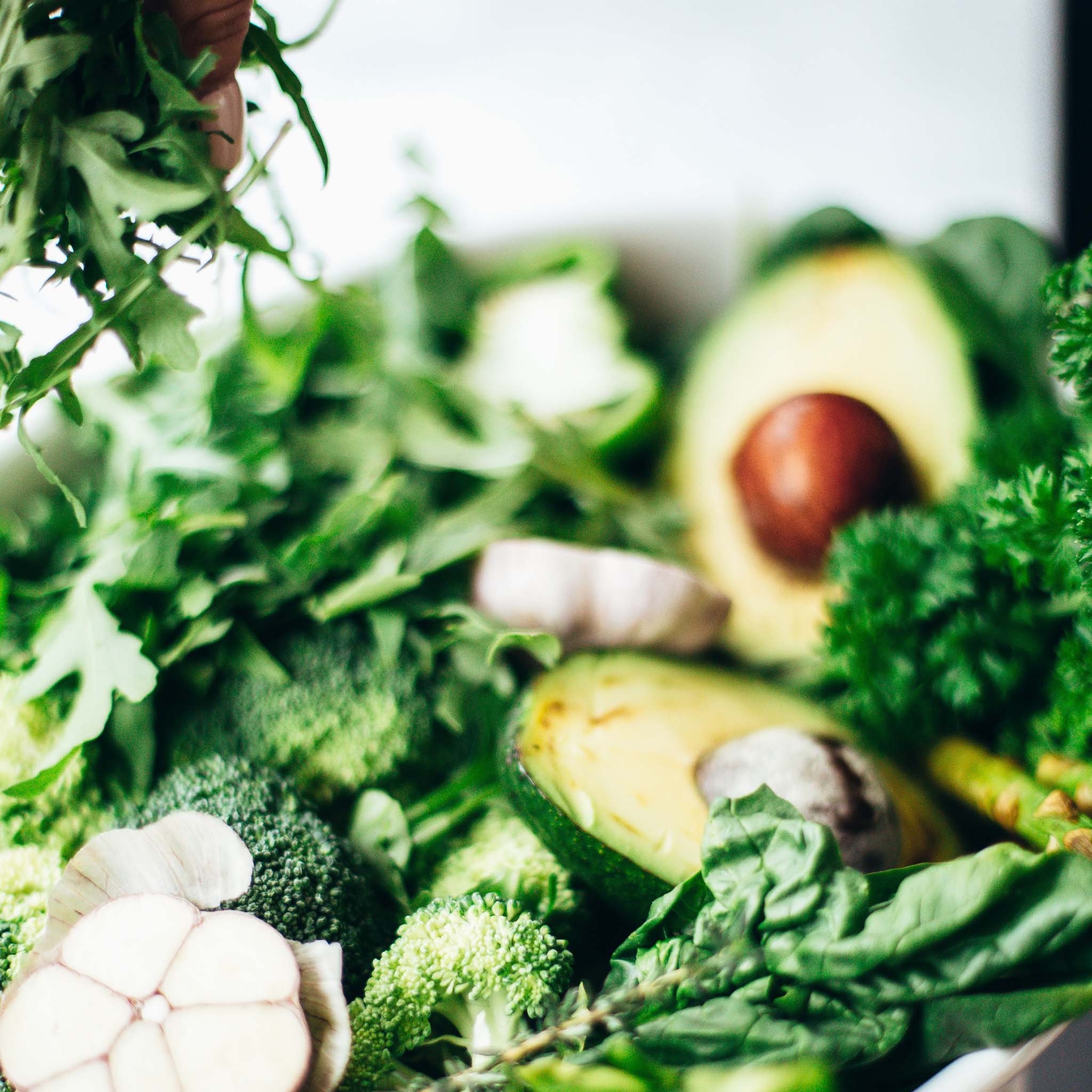Usually when we think of losing fat we immediately jump to the conclusion that we need to eat less and exercise more.
But is this valid and more importantly is it maintainable?
It is absolutely true that if we eat a LOT less then we expend through exercise we will lose weight, however when we exercise more and eat less we are creating a situation of 'practical starvation' that does not change the reason why we became overweight in the first place.
Fat gain is driven by dysregulation of our fat cells themselves. Our modern 'Standard American-style Diet' (or SAD) is high in carbohydrates and especially refined carbohydrates and sugars that digest rapidly, dumping a large amount of sugar in the blood.
This sugar load needs to be cleared from the blood quickly-as high sugar levels are quite literally toxic. The clearance of glucose (sugar) from the blood requires the action of insulin - a hormone that encourages the uptake of glucose by functional tissue (like muscle) and also its storage within fat cells.
Over time the ability of our muscle cells to be receptive to insulin reduces, whereas our fat cells remain more sensitive to its effects resulting in more and more fat gain over time.
As mentioned the primary reason for this change over time is the intake of high amounts of sugar and refined carbohydrates-so if we are to effectively change the way our bodies regulate fat tissue (instead of simply starving it into better shape - a completely unsustainable approach) we need to eat less carbohydrate and avoid sugar and refined carbohydrates (like cakes, cookies, breads and pasta) most (or all) of the time.
IF we do decide to reduce calories and increase exercise we simply haven't changed the way our body would most like to store fat. This reduction in calories results in two things:
1) The body naturally down-regulates its desire to be active. This occurs in obvious ways (you don't feel like working out) and less obvious (latent activities are also reduced).
2) Hunger is increased in order to preserve the bodies 'set-point' of fat stores.
This phenomenon has been observed both in humans and lab animals, and in the case of lab animals it is exceedingly fascinating. Ground squirrels for example will gain fat before the winter even if starving! In other words even if they are on a 'diet' they will store fat because that's what they are genetically programmed to do at that time in order to survive the winter! The calories for fat storage in this case are provided by internal tissue (organs) and muscle, a phenomenon also observed in extreme diets in humans. Genetically or hormonal manipulated rats will also gain weight and fat due to either overeating, OR because they will simply move less and less in order to preserve calories for fat gain.
[In the follow up to this article Cliff will explain how we go about eating, without restricting calories to lose excess body-fat!]
